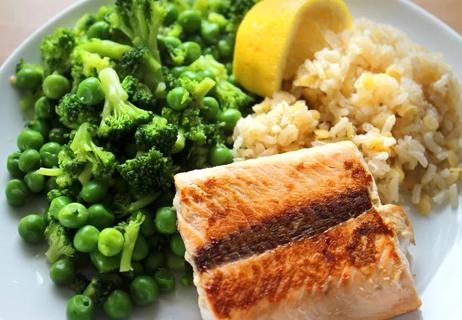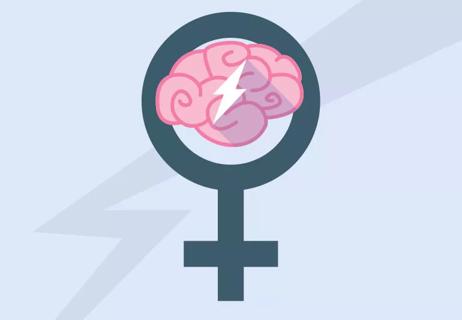Know the warning signs + decrease your risk

That feeling of invincibility that comes with being young? You might want to check it at the door and brace yourself: Stroke is no longer just your grandma and grandpa’s concern. An increasing number of not-yet-middle aged people are having strokes, too.
Advertisement
Cleveland Clinic is a non-profit academic medical center. Advertising on our site helps support our mission. We do not endorse non-Cleveland Clinic products or services. Policy
“I see a lot of younger people ignoring stroke symptoms because they think they are too young or too healthy,” says neurologist Blake Buletko, MD. “Knowing the warning signs and seeking help right away can prevent a stroke from limiting your future productivity.”
Absolutely. In fact, an estimated 10% of strokes occur in people under age 50.
“Illicit drug use and genetic conditions certainly account for some of the strokes we see in younger populations,” says Dr. Buletko. “Beyond that, the causes of stroke in younger adults mirror the causes in adults, with arterial dissection — small tears in an artery (which can also occur with trauma) that cause the artery to close off) — being responsible for a larger proportion of strokes in younger adults.”
Some of the inherited causes of stroke in people under age 50 include:
Advertisement
“Modifying risk factors is the most important step you can take to prevent strokes as a younger adult,” notes Dr. Buletko. “Take an active role in having a healthy lifestyle so you don’t experience risk factors prematurely. And, if you have a known genetic condition, follow up with your physician regularly.”
The risk factors for strokes in all age groups include:
Dr. Buletko also recommends being familiar with stroke warning signs: “Never assume you’re exempt from having a stroke,” he says.
Due to laser-sharp memories, younger people have a good chance of remembering the warning-sign acronym BE FAST, which stands for:
Dr. Buletko adds severe onset of a headache as a warning sign specific to younger people, specifically for hemorrhagic strokes or bleeding into the brain. Pain characterized as the worst headache of your life or a thunderclap feeling in your head is a (hopefully obvious) sign that you should see a physician immediately.
“Don’t wait to get help if you experience any of these symptoms,” advises Dr. Buletko. “We can do a lot more early on than if you wait several hours. Your quality of life depends on you seeking help immediately.”
Advertisement
Learn more about our editorial process.
Advertisement

Seek immediate medical attention for sudden loss of balance, vision changes, slurring, facial droopiness and limb weakness

Strokes in the left side of the brain are more common and the effects are typically more noticeable

Your age, the type of stroke you had, the cause and the location can all impact your recovery

It can be overwhelming, but habit changes help lower your risk of another stroke

Hormonal changes and pregnancy are some factors unique to women

What you eat may protect you from a ‘brain attack’

The short answer from a vascular neurologist

Watch for depression, behavior changes

Wearing a scarf, adjusting your outdoor activities and following your asthma treatment plan can help limit breathing problems

Your diet in the weeks, days and hours ahead of your race can power you to the finish line

When someone guilt trips you, they’re using emotionally manipulative behavior to try to get you to act a certain way